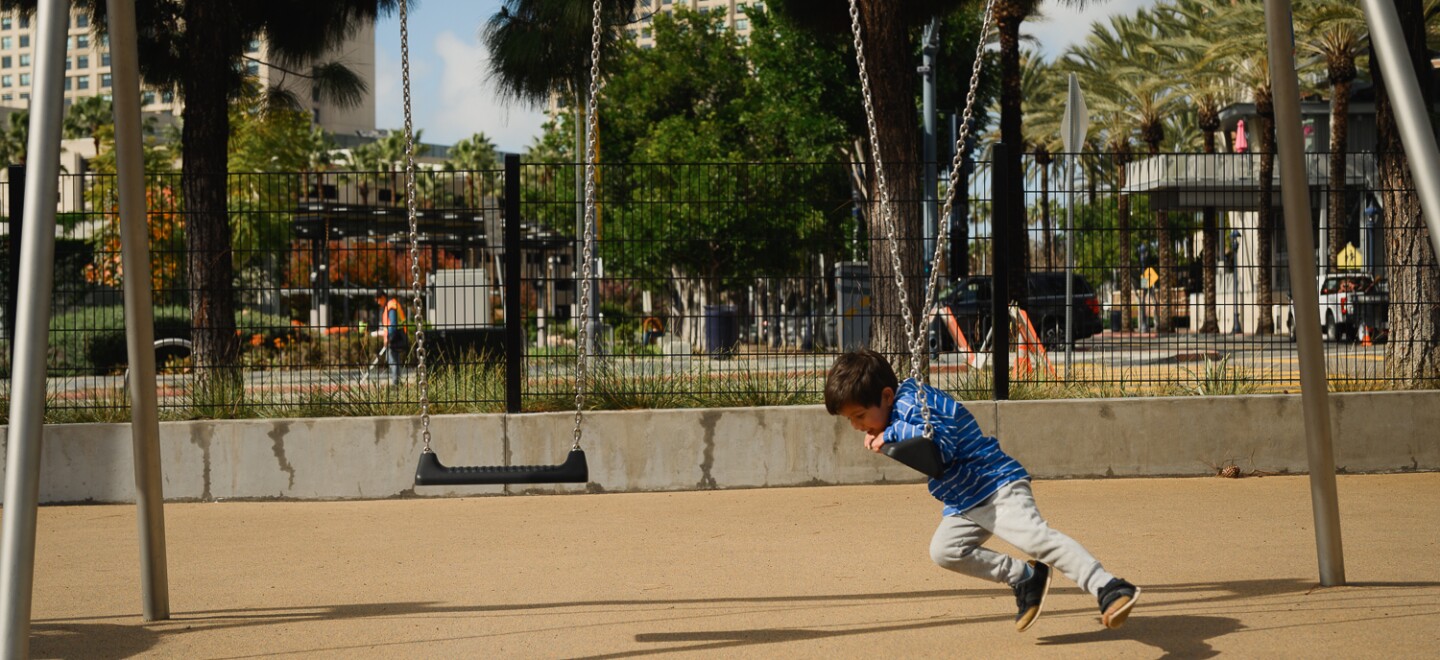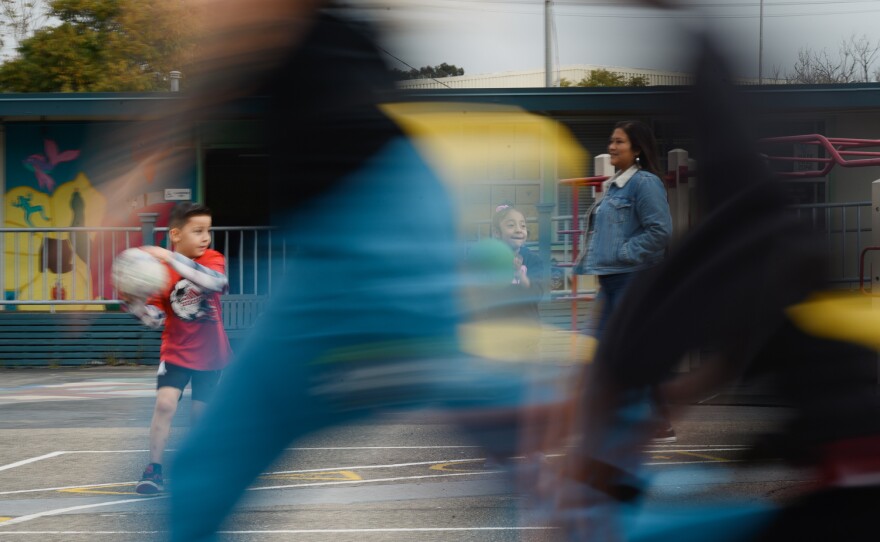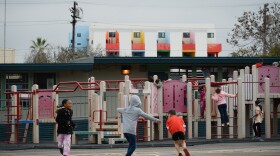Across the United States, the way kids play has changed. Over the years, their lives have become less freewheeling and far more structured. This pattern is concerning for experts. There is growing research that the loss of free outdoor play could take a toll on physical and mental health, a risk that has only grown during the pandemic.
In this series, KPBS explores how much time kids in San Diego and Imperial County spend playing freely and what that means for their health.
Explore our coverage
KPBS spoke to child development experts for tips on helping children get the playtime they need.
-
Experts say free play time has lasting benefits, particularly for young people’s mental health.
-
As their lives have become less free and more structured in recent decades, kids have also become less happy. Experts say that isn’t a coincidence.

The way kids play has quietly transformed. Here’s why that matters

For the first time, California law will protect students’ right to recess








